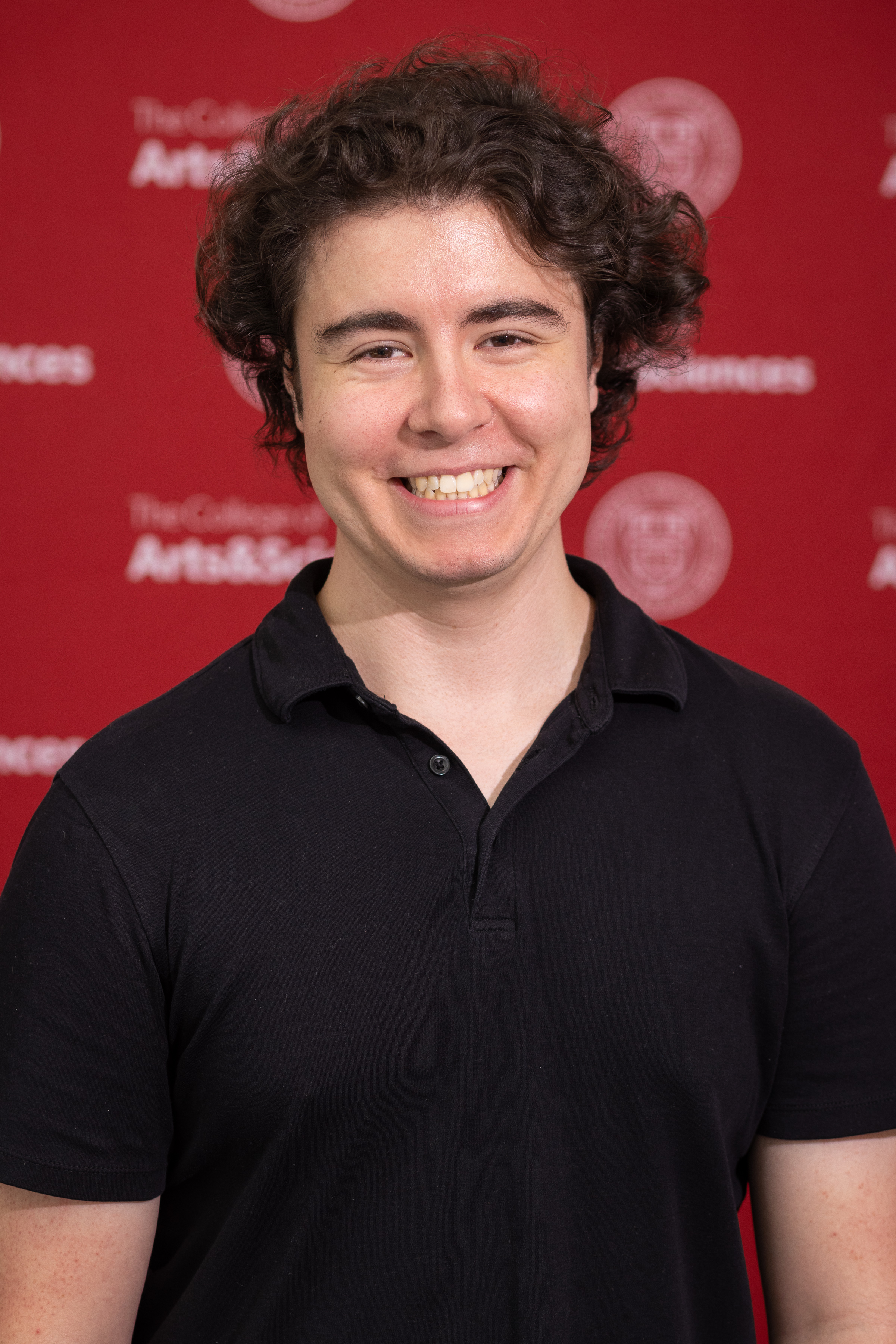Ricco’s Homepage
Biography
Hello! I’m very passionate about astrophysics research and pursuing ideas across disciplines, as well as increasing diversity in astronomy. In my free time, I like to play piano, bass guitar and chess. I’m also an avid reader, enjoying genres from classic literature to science fiction.
My academic genealogy includes Millikan, Rabi, Sommerfeld, Wilkinson, Oppenheimer, Zwicky, J.J. Thomson, Born, Ehrenfest, Pauli, and Weyl. My Einstein number is 5 (Battaglia → Bond → Fowler → Zwicky → Einstein). Just by association, my genealogy would also include Feynman through Professor Jim Gates.
I also played cello for 10 years, and my pedagogical genealogy includes Wang → Starker → Schiffer → Popper.
Research Background
I graduated from Cornell University with a major in astronomy with a concentration in astrophysics and a minor in physics. I have been conducting research at Cornell for over three years alongside Professor Nicholas Battaglia and Dr. John Orlowski-Scherer. I was recently awarded a Fulbright Research Award, where I am currently conducting cosmic ray research at the University of Perugia under Professor Nicolas Tomassetti. Afterwards, I will attend the University of California, Riverside to pursue a PhD in Astronomy.
Current Research Interests
☀️ Under Professor Tomassetti, I am building a website that scraps data from cosmic ray observatories. This is meant to increase data accessibility and efficiency, as we include plots for sunspot number, solar polar field strength, tilt angle, and the solar wind. We also plan to implement cosmic ray flux prediction models.
☄️ Under Professor Battaglia and Dr. Orlowski-Scherer, I have been studying thermal emission flux from asteroids in our solar system. We use data collected by the Atacama Cosmology Telescope, which has prompted new questions into asteroid regolith, such as the flux discrepancies across infrared and millimeter wavelengths.
✨ Inspired by my high school particle physics teacher, I recently submitted a paper detailing a cosmic ray muon experiment I conducted in high school. Our results constrain the accuracy of QuarkNet detectors in high school classrooms, but more importantly, we ask high schoolers to develop their own experiments to help improve detectors and conduct science on their own.
Past Research Endeavors
🌊 Under Professor Coughlin at the University of Minnesota, Twin Cities, I implemented a novel machine learning algorithm in the context of gravitational waves. We used data collected by the Laser Interferometer Gravitational Wave Observatory, and I developed a user-interface for scientists to better understand the distribution of the black hole simulation parameters under this algorithm.
